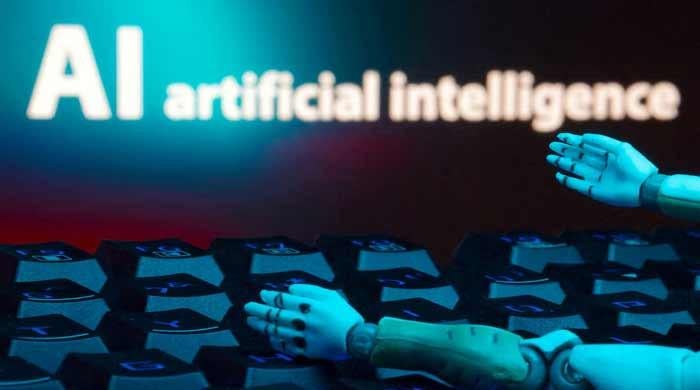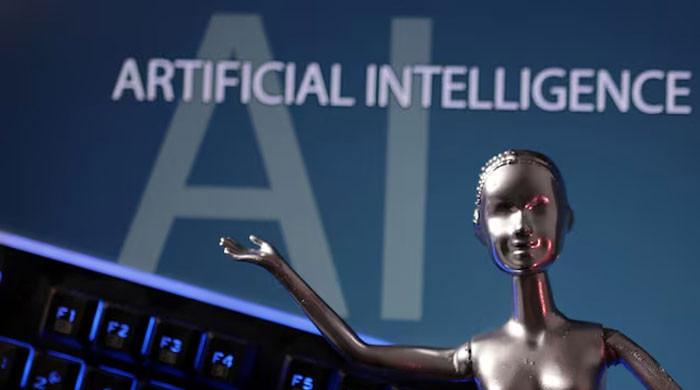Microsoft considering small modular reactors to power AI initiatives
SMRs have gained attention for their affordability, adaptability in size, and flexibility in siting
September 28, 2023

Microsoft is considering the use of small modular reactor (SMR) fission nuclear reactors to meet the substantial energy requirements of its artificial intelligence (AI) initiatives, according to a job posting on the company's website.
While not officially announced, the job posting for a "principal program manager" responsible for developing a global SMR and microreactor energy strategy strongly suggests Microsoft's intentions.
The job posting underscores the significant energy demands of AI and the need for innovative solutions to power data centres that support AI and Microsoft Cloud.
SMRs, which are smaller and more adaptable than traditional nuclear reactors, offer the potential to provide the required energy while addressing environmental concerns associated with large-scale data centre growth.
SMRs have gained attention for their affordability, adaptability in size, and flexibility in siting, making them suitable for areas that cannot accommodate larger reactors. They also hold the potential to enhance safety and security compared to older reactor designs.
Notably, the US Nuclear Regulatory Commission certified an SMR design for the first time in January of this year, opening up possibilities for the use of SMRs in new power plant projects.
However, one potential bottleneck in SMR adoption is the need for high-assay, low-enriched uranium (HALEU) metallic fuel, primarily supplied by Russia. Recent geopolitical events have raised concerns about the long-term availability of this fuel.
Microsoft's founder, Bill Gates, has been a vocal advocate for nuclear energy and is involved in TerraPower, which is developing SMRs. While TerraPower has not announced agreements with Microsoft, it remains a likely candidate if Microsoft proceeds with its nuclear energy plans.
In the short term, Microsoft has agreements in place to procure nuclear-based energy from suppliers like Ontario Power Generation and Helion, which are working on nuclear fusion technology.
Microsoft's interest in SMR nuclear reactors highlights the growing importance of sustainable and reliable energy sources for powering AI and data centre infrastructure.











